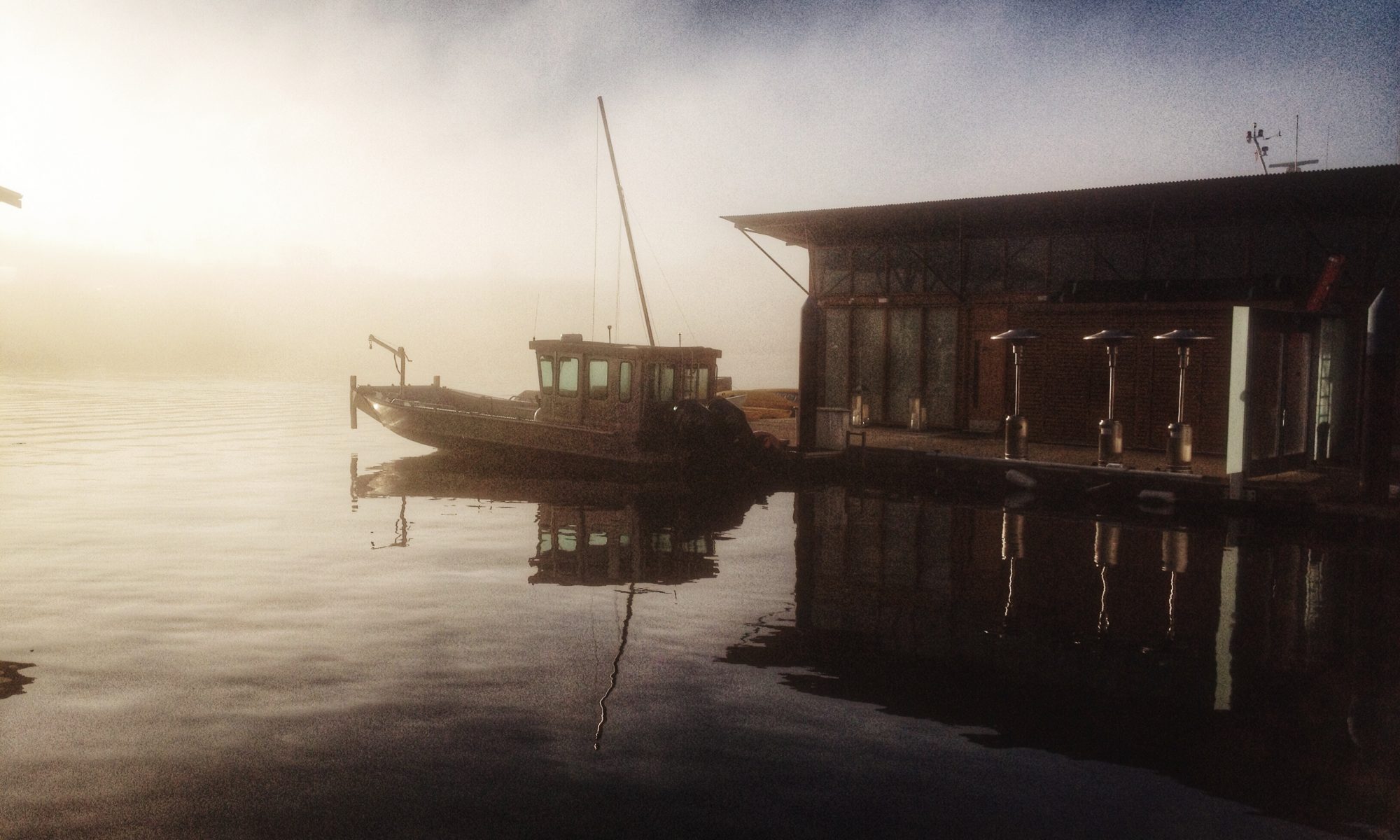In spring of 2018, I deleted the Facebook app from my phone, and decided to just use the web app.
Then in November 2018, I suspended my Facebook account – I didn’t delete it entirely, but put in a calendar reminder 3 months hence to see if I wanted to either restore it or delete my account altogether. That alert came a couple of weeks ago.
So here’s the thing: overall, I think I’m happier not interacting directly with Facebook. I still do in many ways – I’m a regular (but increasingly irregular) Instagram user, I use WhatsApp to chat with friends, and I use Messenger for the same purpose. I was already fairly draconian in that I had a rule that to be Facebook friends, we must have shared a drink together in person, which made for a lovely way to say “thanks but no thanks” to so many random requests-to-be-friends (and, occasionally and awkward “whoops!” when it turns out I had done this thing with the person), and so I have a fairly small friend-list on Facebook compared to many. I’m not sure exactly, but I think it was about 120-150 people.
And while a primary driving factor in my getting rid of Facebook was corporate behaviour, it is also true that spending time on Facebook made me unhappy. No matter how I tried to curate my feed, I seemed to end up full of bizarre ( = conspiratorial, hateful, etc) news stories, dumb/scam-like ads and constant creepy reminders of how well FB could identify my lifestyle, habits and interactions. Very much related, a primary reason I’m using Instagram less and less is my perception that the number of ads I see in my feed is skyrocketing.
But here’s the thing. I’m not “off” Facebook. My wife still uses it a lot, and what’s ended up happening is that because I’m not using it regularly, she’ll mention some news about our circle of friends that I have no idea about. I’ve missed it. And, completely unintentionally I’ve just added the duty to inform me of news about my friends on to her cognitive load. And, it must be said, I miss hearing bits about my friends whom I don’t see regularly. And I can’t think of any reasonable way to stay in touch that doesn’t add a level of imposition to them: one-to-one messaging, rather than broadcasting, just for my benefit isn’t fair. And there’s nothing out there with enough of a presence that I could imagine asking 80-odd people to move to (given that their circle of friends is unlikely to move too).
So I find myself with this conundrum: I can give up this “protest” (I’m not even sure that’s the right word. I just… stopped going there), and turn it all back on, and then I’ll get the updates from friends, and I won’t be out of the loop, and Leah won’t have this extra duty to inform me. But if I do, then I’ll be back on Facebook, which doesn’t feel like a great thing either. I feel damned if I do, damned if I don’t.
And this is (probably) why no matter how scandalous Facebook’s behaviour, it just keeps trucking on. Inertia is massive.
